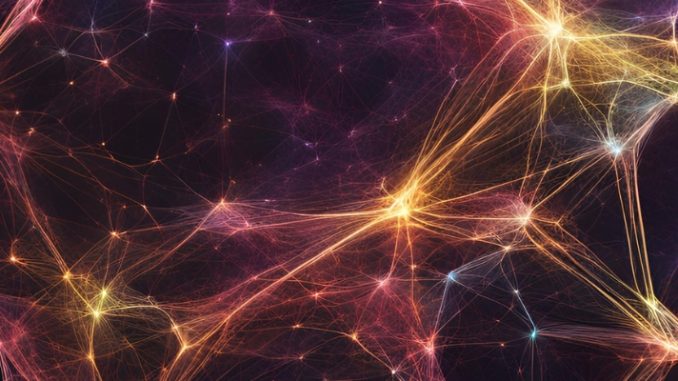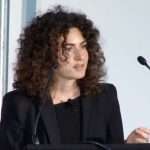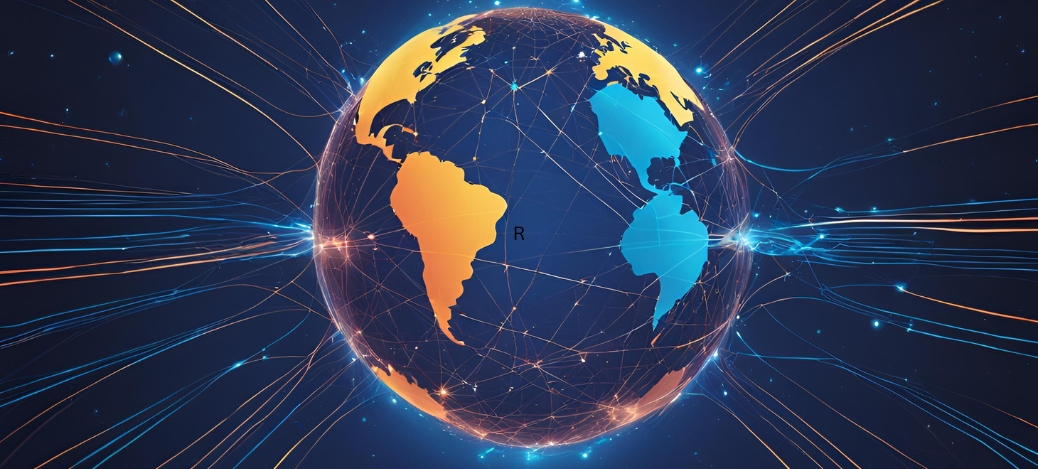
From her blog, physicist Chiara Marletto states: ” At birth, we set out on a journey to understand the Universe. As we orbit around the sun, we sense, feel, taste, and observe the vast collection of phenomena around us. In early childhood, this exploration is natural and immediate to us, like breathing, eating and sleeping. Along the way we gather many new tools — keys to access further levels of understanding.
As new-borns, we can engage with the world to some extent, but still minimally: our senses have to develop further; our brain has to expand and generate novel connections; our language and thinking skills have yet to emerge.
Then we go through several milestones, such as the first time we can smile back at our parents, the first words, the first steps, and so on. As toddlerhood sets in, we start speaking one (or more) languages. We learn to sing, play, amuse and be amused, yell, say ‘yes’ and ‘no’. We learn about how to tell that an object is larger than another; how to balance when we trip on an obstacle; how to stand back up after a fall, and go back to walking. At some later point, we learn about drawing and art, numbers and shapes.
It is remarkable that, especially in early childhood, we traverse this vast and far-reaching learning playfully. We seek delight by expanding the mind to appreciate more and more of the world. This process of intellectual growth is not without its problems: mistakes do occur along the way, but instead of being discouraged or ashamed by them, we quickly learn from them and move forward towards new concepts, new ideas, and new shores.”
Chiara Marletto, Research Fellow at Wolfson College, University of Oxford.
 Chiara’s research interests are at the foundations of physics. Her research has focused on issues in Quantum Information Theory, Condensed-Matter Physics, Quantum Biology and Thermodynamics.
Chiara’s research interests are at the foundations of physics. Her research has focused on issues in Quantum Information Theory, Condensed-Matter Physics, Quantum Biology and Thermodynamics.
Some of her recent work has utilised a recently proposed generalisation of the quantum theory of information – constructor theory – to address issues at the foundations of the theory of control and causation in physics.
These include applications to defining general principles encompassing classical, quantum and post-quantum theories of information; and to assessing the compatibility of essential features of living systems, such as the ability to self-reproduce and evolve, with fundamental laws of physics, in particular with quantum theory.
They also include the definition of a new class of witnesses of non-classicality in systems that need not obey quantum theory, such as gravity; and a scale-independent definition of irreversibility, work and heat, based on constructor-theoretic ideas.


